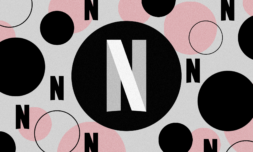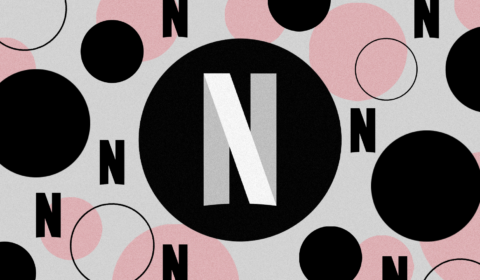The actress is being sued by an extra who alleges she ‘intentionally’ kicked him in the head on set. In response, a sub-section of her fanbase has dismissed the assault accusations with trivialising language, highlighting the problematic nature of out-of-control para-social relationships.
During the last few years, Mia Goth has cemented her position as the ‘It Girl’ of horror, widely obsessed-over for her leading roles in Pearl, X, and the hotly-anticipated final instalment of the A24 slasher film trilogy, MaXXXine.
After achieving a career breakthrough with the series, the eccentric star earned herself a cult following for her memorable performances in these provocative projects and, until recently, her fanbase extended across most of the Internet.
Reports that she’s being sued by an extra who alleges she ‘intentionally’ kicked him in the head on set have dampened Mia’s far-reaching appeal and threaten to corrupt her personal brand, however.
As background actor James Hunter claims, Mia ‘taunted, mocked, and belittled’ him while filming a scene together for MaXXXine in April 2023 because he complained about her behaviour.
Following several takes playing ‘dead parishioner,’ it’s also been documented that ‘defendant Goth intentionally kicked plaintiff in his head with her boot, causing plaintiff to immediately experience a headache and stiffness in his neck.’
Mia Goth is being sued by an extra of her upcoming film ‘MaXXXine’ who says the actress “intentionally kicked” him in the head with her boot during a take.
The man claims Mia approached him in the bathroom and “taunted, mocked, and belittled” him. pic.twitter.com/sDDGhp4UYF
— Pop Crave (@PopCrave) January 12, 2024
Hunter testified that, the next day, he was wrongfully terminated by the entertainment company and later diagnosed with concussion, suffering symptoms including disorientation, vertigo, nightmares, migraines, and severe emotional distress. He has since filed a civil action of battery against Goth.
This is where things take an unexpected turn. Most often, when a celebrity is accused of something as serious as assault, netizens don’t hesitate to voice their negative opinions and ‘cancel’ whoever’s facing the allegations.
On this occasion, however, social media has been divided, with one sub-section of Mia’s fanbase logically making plain its aversion to the situation and the other expressing its continued support of ‘Mother,’ a word used online to honour famous women to the highest degree (alongside variations of ‘serving,’ ‘slay,’ and ‘cunt’).
‘I don’t care if Mia Goth kicked that person on set, that’s Mother,’ shared a die-hard fan on X. ‘How you let Mia Goth bully you LMAO that’s Mother idc. Boohoo, she will always be Mother,’ wrote another.
Such blatant dismissal is of course hugely concerning, going much deeper than a bit of harmless fun and openly highlighting the problematic nature of out-of-control para-social relationships.




















